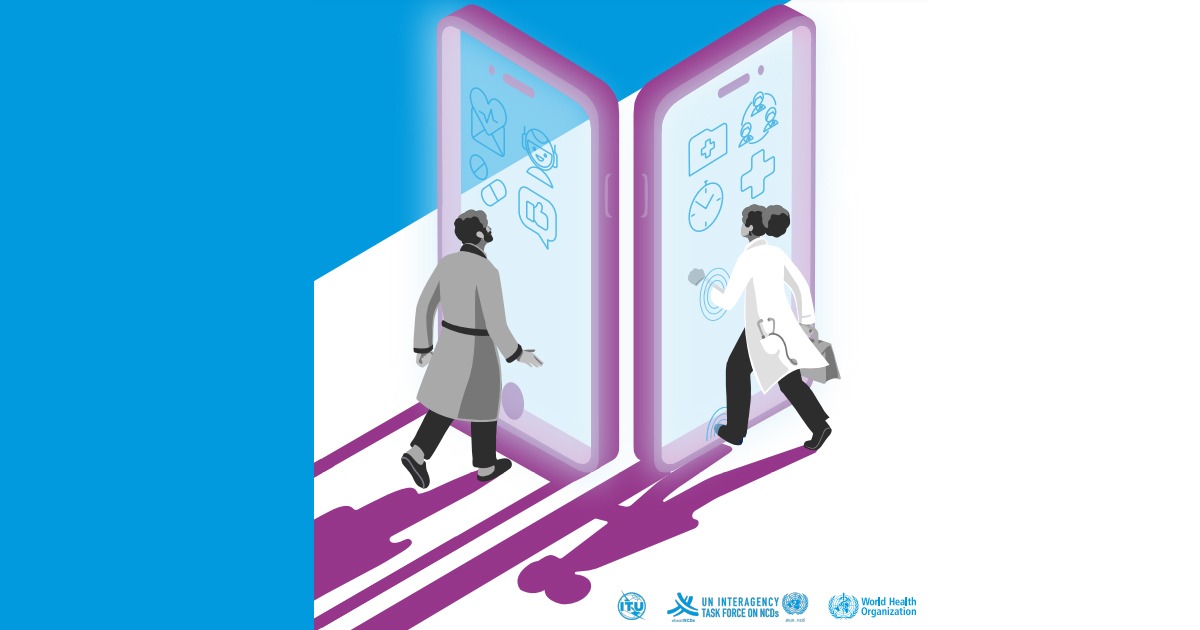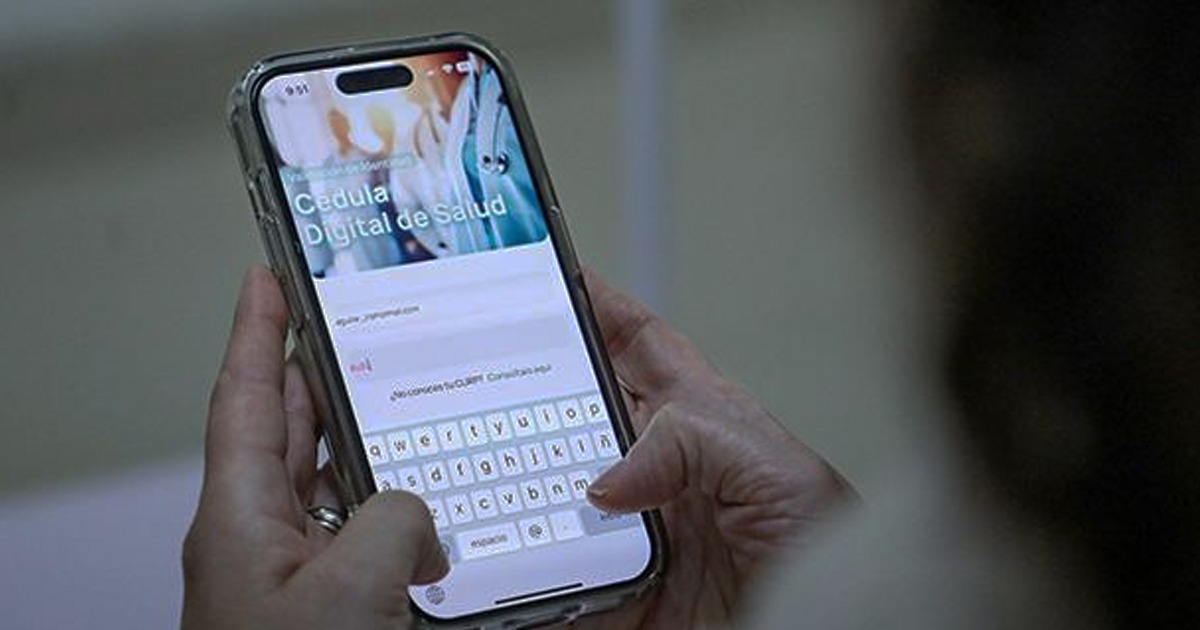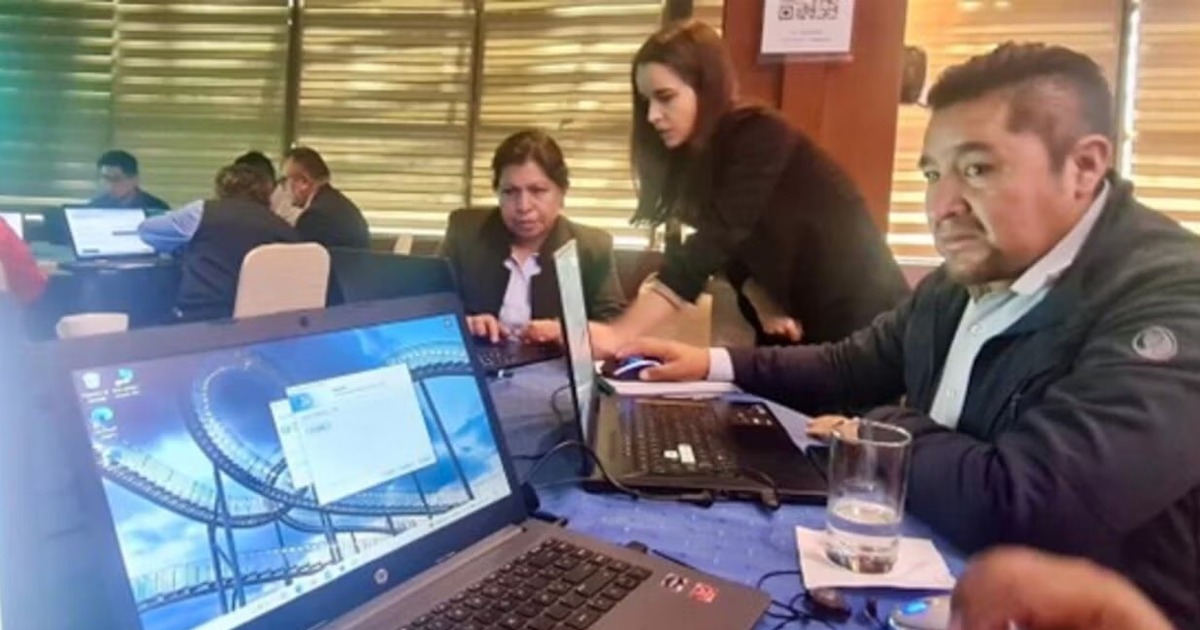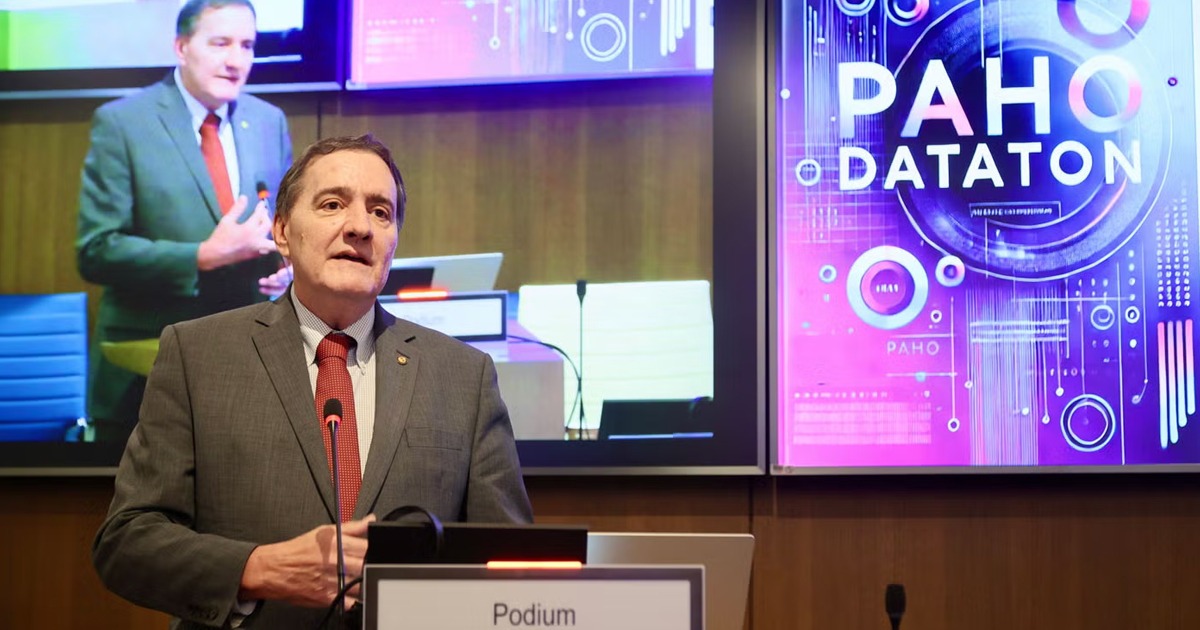More than 52% of people questioned said they had used the teleconsultation service related to COVID-19, and professionals and patients said they would continue to use Digital Health systems in the future.
Ministry of Health of Argentina, reported the result of the survey on telemedicine during the conference where they show the reports on the latest updates and data on COVID-19. The Secretary of Health Equity, Martín Sabignoso, mentioned that in the first time that telemedicine is used in the national public health system, he also said that: "we have already reached more than 130,000 in the whole country and the number of nodes or centers that use telemedicine has doubled".
Sabignoso also informed that of the total of the remote consultations made 72% correspond to teleconsultations through cell phones. He also highlighted that 56% of the teleconsultations were focused on COVID-19, for the monitoring of suspicious cases or confirmed cases, this was the main reason why this modality was adopted in a massive way this year. In addition, the official added that 30% of the consultations were to treat diseases such as diabetes, heart disease and infectious diseases.
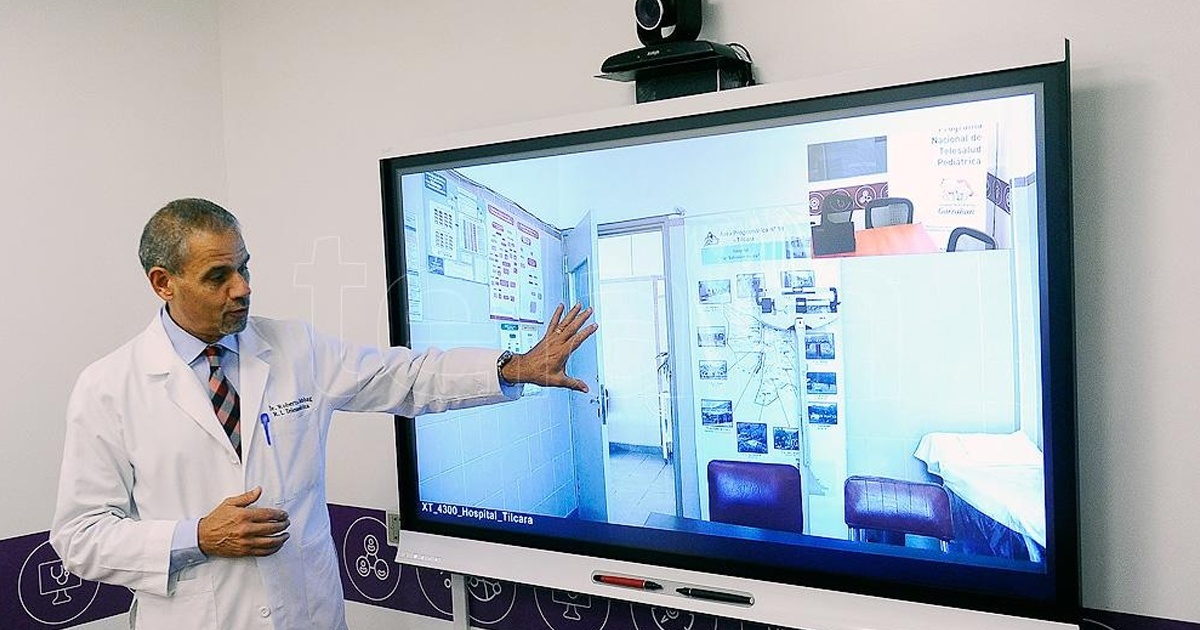
In terms of user evaluation of telemedicine systems, 77% of those surveyed described their experience as good or very good. In terms of the quality of services, 75% of the users said they understood perfectly the indications of the health teams, and 73% reported that they will continue to use this type of service in the future.
82% of those surveyed said that they were very familiar with the teleconsultation modality, and 70% said that they felt comfortable with this modality. As for the acceptance, 88% of the professionals said that they will continue using telemedicine as a modality of attention.
The main benefits that health professionals find in telemedicine is that they consider that it has a positive influence on the health of the population, in addition to avoiding unnecessary transfers by patients, in the same way they perceive greater security, especially during the pandemic. "The first results are encouraging, they show a fast and effective adoption by the public system of this technology, which allows to strengthen and speed up the response of the health system, which is safe and reliable for the patient, as well as for health professionals. It is one of the innovations that we have developed in the pandemic, during the pandemic and that will last beyond the pandemic," the Minister concluded.
